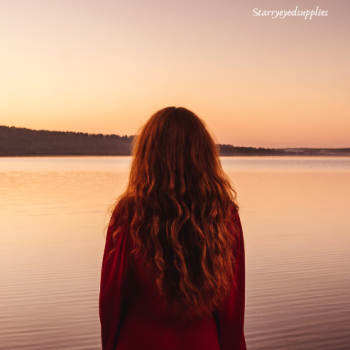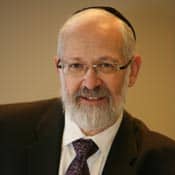The warden is won over, and accompanies the rabbi to the lecture. Rabbi Galinsky delivers a Torah thought about the similarity of the Hebrew words for clothing and criminal trespass. What do they have in common? He explains to the prisoners that their tough, criminal exteriors are superficial things that can be shed like a jacket. They don't represent their real essence. By the time he finishes, many of them are crying.
Rabbi Galinsky did not mean, the way I understood him, that the Torah's prescription for the thief would be a cure-all for crime. Societies—and criminals—change. Other means may become necessary. (It would certainly not treat the terrorist with any leniency, nor offer him any cushy comforts.) But the ethos behind that prescription is timeless, and can be applied in different ways.
The change in Israel's prisons is owed largely to an activist head of Israel's Supreme Court, and a platform of legal rights he shepherded called "Israel's Basic Law for Human Dignity and Liberty. "An enlightened society is judged by the treatment of its prisoners," said Supreme Court head Aharon Barak. "The prisoner has committed a crime and has been punished accordingly; his liberty has been taken away, but the human essence still remains. The prison walls must not come between the prisoner and human dignity."
Aharon Barak would not describe himself as observant. But the ideals of religion—especially one that is over three thousand years old—tend to get into the bones of an entire people and culture. They then shape the way people think about new problems. Sometimes those people, believing that they are at the vanguard of pursuing the very new, are unconsciously applying what is very old.





